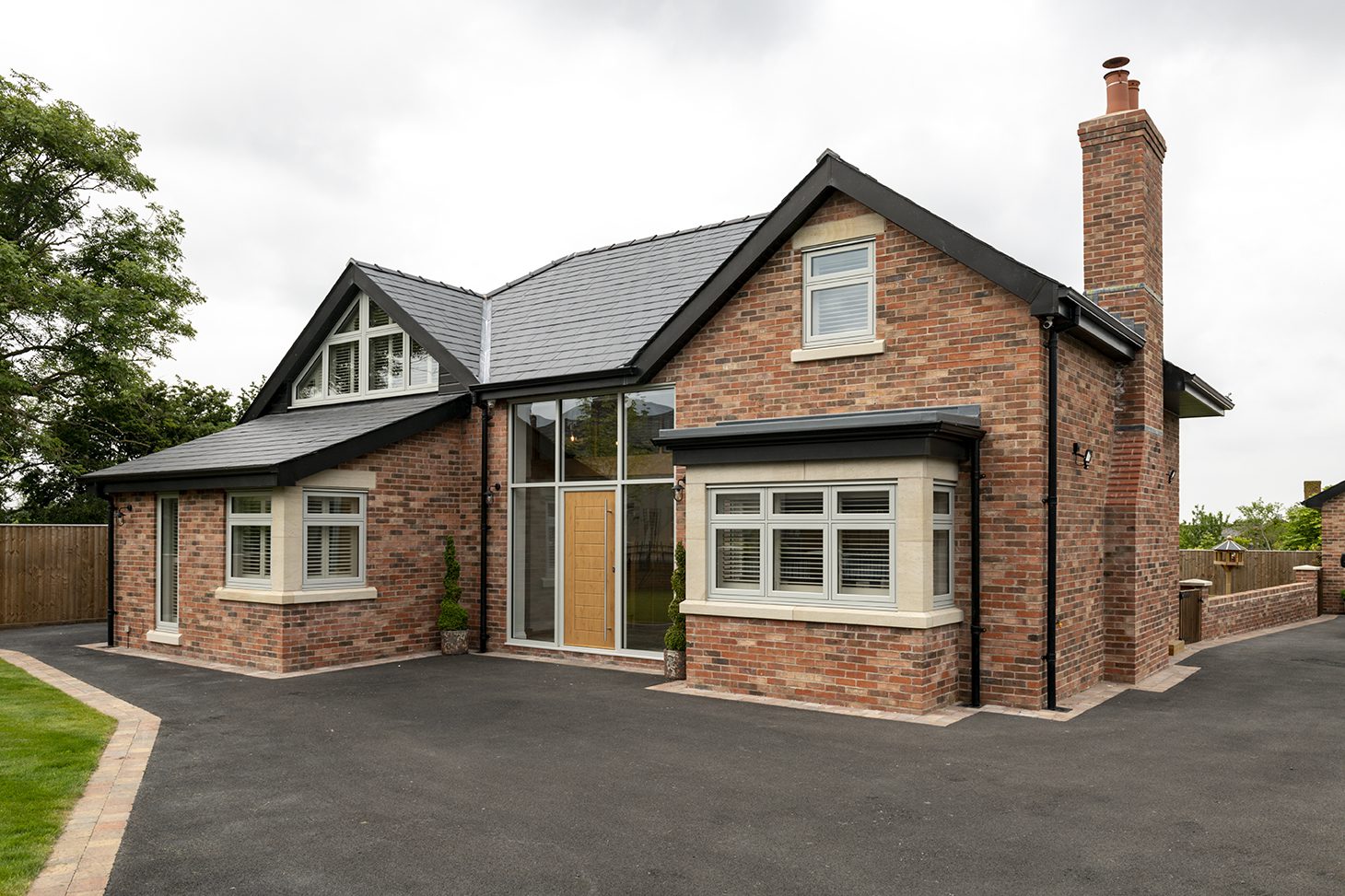Aluminium windows have gained significant popularity in modern architecture due to their durability, aesthetic appeal, and energy efficiency. This report delves into the various aspects of aluminium windows, including their features, advantages, disadvantages, installation processes, maintenance, and market trends.
Features of Aluminium Windows
Aluminium windows are characterized by several key features:
- Durability: Aluminium is a strong and robust material that can withstand extreme weather conditions without warping, cracking, or fading. This longevity makes aluminium windows a cost-effective investment over time.
- Lightweight: Despite their strength, aluminium windows are lightweight, allowing for easier handling and installation compared to heavier materials like wood or steel.
- Versatility in Design: Aluminium can be easily molded into various shapes and sizes, making it suitable for a wide range of architectural styles. It can be finished in various colors and textures to match the aesthetic of any building.
- Energy Efficiency: Modern aluminium windows often come with thermal breaks, which improve their insulation properties. This feature helps in reducing energy consumption for heating and cooling, leading to lower utility bills.
- Low Maintenance: Aluminium windows require minimal maintenance. They do not need to be painted regularly, and a simple cleaning with soap and water is usually sufficient to keep them looking new.
Advantages of Aluminium Windows
The advantages of aluminium windows make them a popular choice for both residential and commercial properties:
- Sustainability: Aluminium is a recyclable material, which means that it can be reused without losing its properties. This makes aluminium windows an environmentally friendly option.
- Security: Aluminium windows provide enhanced security features. Their robust frames are difficult to break, and they can be fitted with advanced locking mechanisms to deter intruders.
- Aesthetic Appeal: With sleek lines and a modern look, aluminium windows can enhance the overall appearance of a building. They can be customized with various finishes, including anodized, powder-coated, or painted options.
- Cost-Effectiveness: While the initial investment in aluminium windows may be higher than other materials, their durability and low maintenance costs can lead to savings in the long run.
- Weather Resistance: Aluminium windows are resistant to moisture, rust, and corrosion, making them ideal for coastal areas or regions with high humidity.
Disadvantages of Aluminium Windows
Despite their many benefits, aluminium windows also come with some drawbacks:
- Thermal Conductivity: Aluminium is a metal, which means it conducts heat. Without proper thermal breaks, aluminium windows can lead to heat loss in winter and heat gain in summer.
- Cost: The initial cost of aluminium windows can be higher than that of vinyl or wood windows, which may deter some homeowners from choosing them.
- Denting and Scratching: Although durable, aluminium can be susceptible to dents and scratches, particularly if not properly coated or finished.
- Condensation: Poorly insulated aluminium windows may lead to condensation issues, which can result in mold growth and damage to the window frame and surrounding structures.
Installation of Aluminium Windows
The installation of aluminium windows is a critical process that should be carried out by professionals to ensure optimal performance and longevity:

- Preparation: Before installation, a thorough assessment of the window openings is necessary. This includes measuring the dimensions accurately and checking for any structural issues.
- Frame Installation: The aluminium window frame is typically installed first. It must be level and square to ensure proper functioning of the window.
- Sealing and Insulation: After the frame is installed, it is essential to seal the edges to prevent water and air infiltration. Insulation materials may also be added to enhance thermal performance.
- Window Sash Installation: The window sash, which contains the glass, is then fitted into the frame. This process requires precision to ensure smooth operation.
- Finishing Touches: Finally, any necessary finishing touches, such as trim and caulking, are applied to complete the installation.
Maintenance of Aluminium Windows
Maintaining aluminium windows is relatively straightforward, but there are some best practices to ensure their longevity:
- Regular Cleaning: Cleaning the frames and glass regularly with mild soap and water helps prevent dirt buildup and keeps the windows looking new.
- Inspecting Seals: Periodically checking the seals around the windows for wear and tear can help prevent leaks and improve energy efficiency.
- Lubricating Hardware: The moving parts of the windows, such as hinges and locks, should be lubricated annually to ensure smooth operation.
- Addressing Damage Promptly: Any scratches or dents should be addressed quickly to prevent corrosion and further damage.
Market Trends
The market for aluminium windows is continually evolving, driven by advancements in technology and changing consumer preferences:
- Energy Efficiency: https://www.zerohedge.com/user/OzqXUHWkVgTkxrweTRAd12GMcfb2 As energy costs rise, there is an increasing demand for energy-efficient window solutions. Manufacturers are focusing on improving the thermal performance of aluminium windows through better insulation techniques.
- Smart Technology Integration: The integration of smart technology into windows is becoming more prevalent. Features such as automated opening and closing, as well as smart tinting, are gaining popularity.
- Sustainable Practices: With a growing emphasis on sustainability, manufacturers are adopting eco-friendly practices in the production of aluminium windows, such as using recycled materials and reducing waste.
- Customization: The demand for personalized and unique designs is leading manufacturers to offer more customization options, allowing homeowners to choose colors, finishes, and styles that suit their preferences.
Conclusion
Aluminium windows represent a modern and efficient choice for both residential and commercial properties. With their durability, aesthetic appeal, and energy efficiency, they cater to a wide range of architectural styles and preferences. While they do have some disadvantages, the benefits often outweigh the drawbacks, making them a popular choice in the construction industry. As technology advances and sustainability becomes a priority, the market for aluminium windows is expected to continue growing, offering innovative solutions for homeowners and builders alike.





